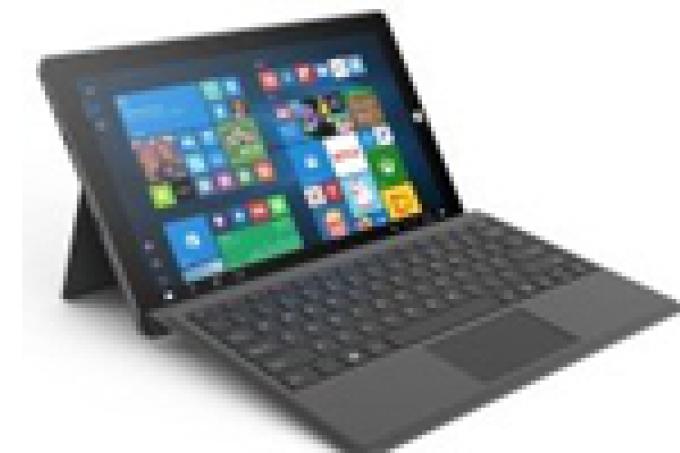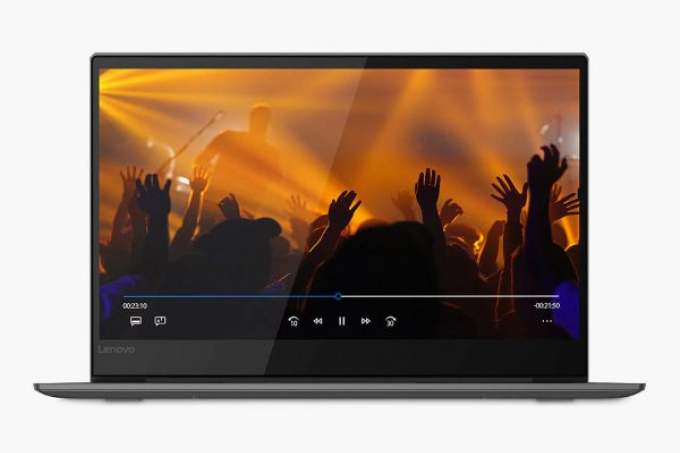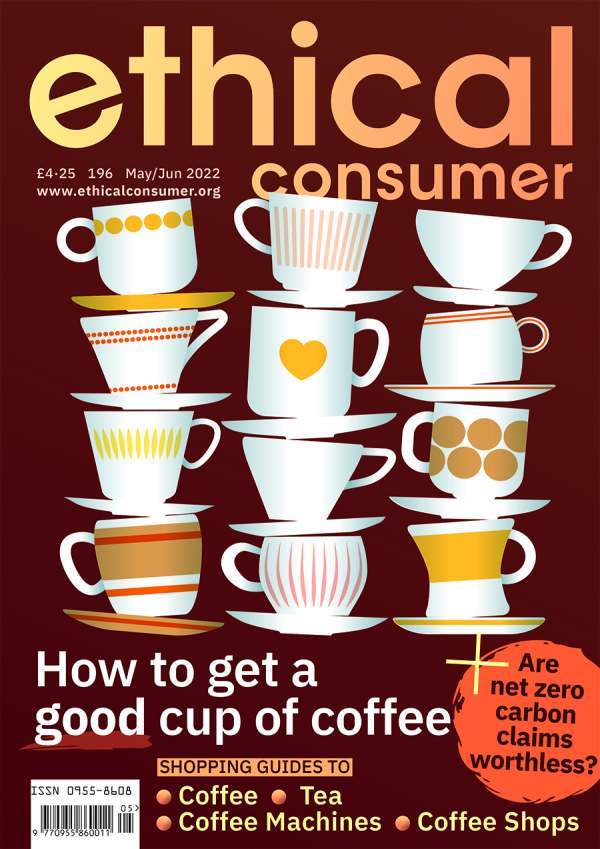Convertibles, hybrids or 2-in-1s are one of the fastest-growing products in the PC industry. They all mean the same thing in essence – a device which is trying to be both a laptop and a tablet.
But there are some big differences between a convertible laptop and a convertible tablet:
- A convertible laptop comes in various different styles but is likely to have a screen which flips or folds to transform it into a tablet. In general, they are less powerful than comparably-sized laptops, as they use mobile processors that are designed more for cool, quiet operation than they are for speed.
- A convertible tablet is more like a regular tablet with a removable keyboard. The keyboard either attaches magnetically or via a case which creates a laptop-like experience. The keyboard may connect over Bluetooth in some cases.
Hybrids and conflict minerals
| Best | Middle | Worst |
|---|---|---|
| ASUS, Acer, Apple, Dell, Fujitsu, HP, Lenovo, Microsoft, Alphabet (Google) | Toshiba | Huawei, Micropro (iameco), MSI, VeryPC, Samsung |
It has long been known that the extraction of minerals has become entangled with human conflict in the eastern Democratic Republic of Congo (DRC).
To build the components that make up a computing device, various paramilitary groups fight for control of small-scale artisan mines. This acts as a catalyst for grave human rights abuses including forced labour and child labour, and the money raised funds further violence, exploitation and corruption.
Known as conflict minerals or 3TGs, tin, tantalum, tungsten and gold mined in the DRC have been linked to the funding of armed groups, and have helped to fuel a war for over twenty years. Worth hundreds of millions of dollars per year, the minerals provide a valuable source of income to rebel groups, militias, and criminal gangs. More about conflict minerals and technology.





